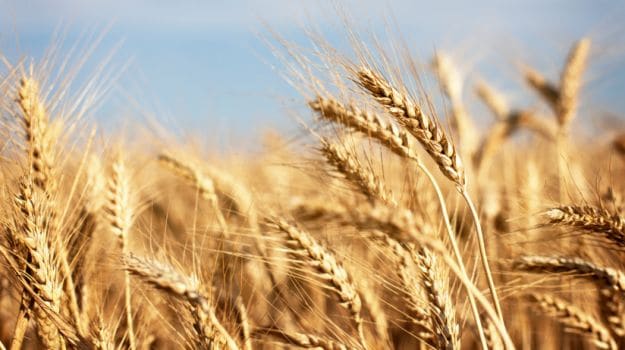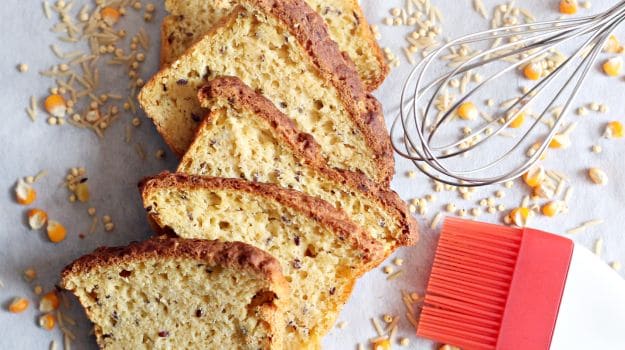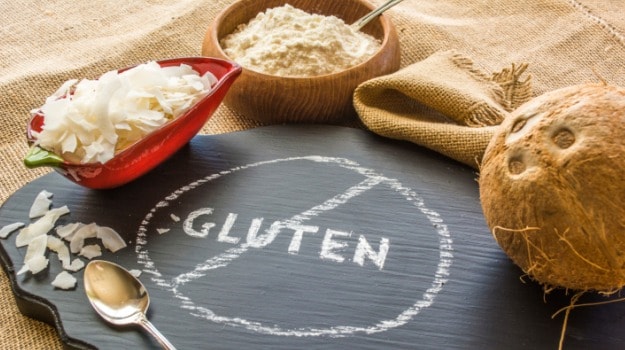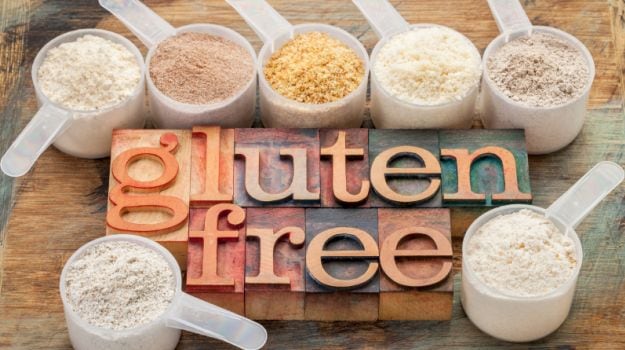Since this is my first column on this platform, I think it would be only appropriate to start by addressing some fundamental issues surrounding gluten-free cooking and baking. I’ve struggled with them myself, and amidst all the noise surrounding this topic, I can only imagine the confusion others might face.First: Wheat is not your enemy. Humans have eaten wheat and similar grains for thousands of years. (Whether a grain-focused diet is preferable vis-à-vis other healthier alternatives is a subject matter for another column). However, what is without doubt is that the occurrence of Celiac, as well as other gluten-based digestive disorders, which have increased dramatically over the last few decades.To be fair, the jury is still out to its reasons. It is true that our bodies do not have the proper enzymes to break down the complex proteins found in gluten. The immune system spots gluten as an invader and goes into battle mode to get rid of it. But in most people, the immune system is able to “clean up” the gluten invasion, and then it’s back to business as usual. Having said so, then how does one justify the rapid increase in Celiac disease over the years? Is it the manner in which the modern food industry grows grains? Is it environmental? Is it on account of processed foods? Or is it birth-related issues?

Gluten Issue on the RiseI have not come across a single answer as of date. But as and when a scientific consensus takes shape, I’d wager that the answer will be simultaneously multi-faceted, and as most things in life are, but at its core, it would be simple and intuitively obvious.Wheat may not be your enemy, but, there is some truth to the fact that avoiding a gluten-focused diet (as opposed to a grain-focused diet; there are many grains that don’t have gluten) has conclusive health benefits. (I will highlight these in my columns in the coming months.)I remember when my elder son was diagnosed with Celiac a few years ago. Some well-wishers suggested that I may have been feeding him too many rotis (well, not really), too much processed food (not at all), or I could have avoided its onset by using only the so-called ‘Organic Atta’ available in the market. The truth is I didn’t think that the so called ‘Organic Atta’ I was buying was any good either, and it could have been just a clever marketing ploy.

Photo credit: Aarti Sarin JainHow to Be Gluten Free I now believe that simple habits can begin to create a positive and healthy ecosystem for our families and children. Start by improving the quality of grains you use in your cooking. For those who don’t have digestive disorders related to gluten, seek to avoid – but not to exclude completely - gluten from your diet. Avoid processed foods, sugar, fatty foods and all the items we already know are bad for our health even though we find it hard to follow. Increase the concentration of nutrition coming from fresh vegetables and fruits. Load up on nuts and greens. Don’t forget to include lean proteins (chicken and fish), but don’t go overboard with their content either. Remember the cliché, “Everything in moderation…” There’s also one simple rule I follow and recommend to others, which is you should know the nutritional value of everything you put in your mouth. If you don’t, why in the world would you put junk in your body?

Some of the subjects I’ll write on in the coming columns will talk about contemporary studies on healthier lifestyles: how to have a low-glycemic Indian diet, the benefits of exercise, what creates long-term happiness for humans (I bet you’ll be surprised at the answer!) and most importantly, how to create a common code for a healthier life.And on the subject at hand: Yes, avoid gluten-based diets. I can guarantee that you’ll feel better within a week. You’ll feel more energetic and lighter. Moreover, being gluten free is a very healthy way of living as you will eat a lot of vegetables, proteins and happy grains, which are all essential for your well-being.About the Author:Aarti Sarin Jain is an avid baker and runs an exclusive gluten-free test kitchen. She discovered the joys of a gluten-free living after her elder kid was diagnosed with Celiac Disease. She often experiments with new forms and varieties of gluten-free food without compromising either on taste or quality. Disclaimer:The opinions expressed within this article are the personal opinions of the author. NDTV is not responsible for the accuracy, completeness, suitability, or validity of any information on this article. All information is provided on an as-is basis. The information, facts or opinions appearing in the article do not reflect the views of NDTV and NDTV does not assume any responsibility or liability for the same.







